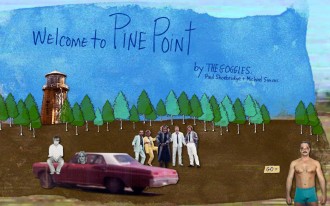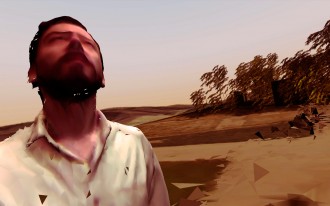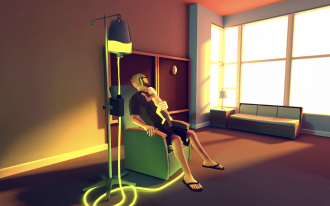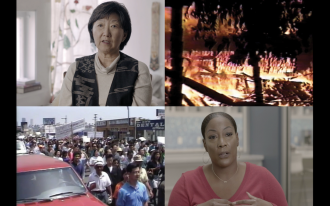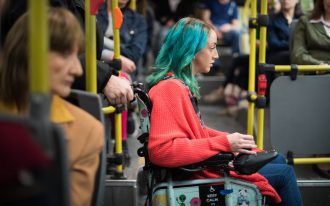Paisley Smith is a Canadian filmmaker and virtual reality creator based in Los Angeles, California and Vancouver, British Columbia.
Smith is the director of Unceded Territories, a “fun, weird, and totally gorgeous” (ScreenAnarchy) collaboration with First Nations artist Lawrence Paul Yuxweluptun, that explores the connection between climate change and colonization by pitting a destructive “Super Predator” versus the environment. Unceded Territories had its World Premiere at the Tribeca Film Festival Immersive 2019, and was made with support from Creative B.C. and the Sundance Institute and Robert Rauschenberg Foundation.
Smith is also the director of Homestay, (National Film Board of Canada, Jam3) an interactive VR documentary that deals with cultural understanding and loss. Homestay has screened internationally at IDFA DocLab, Expanded Realities at the Open City Doc Fest (London), Reel Asian International Film Festival (Toronto), and the Vancouver International Film Festival’s Immersed 2018, where it won the BC Spotlight Audience Award. Homestay is the recipient of “Best XR for Change” at Games for Change Festival 2019.
The Personal is the Political
It’s no secret that I love personal stories. I love to really know my friends and the people I meet. I’m a bit of a snoop. Can’t help it. I love looking in people’s junk drawers. I love looking at people’s collections – stamps, miniature dog ceramics – you name it, I love it. Nothing thrills me like the chance to stop at a garage sale. Anything that reveals more, that lets us get a closer look. I just want to know what’s happening beyond the “VR” projection that we put out into the world. ‘Traditional’ documentaries like “Stories We Tell” directed by fellow Canadian Sarah Polley have impacted me immensely. Polley tells her family story through film recreated archival ‘home video’ footage. The line between the real and the imagined are blurred. I’m drawn to telling personal stories because it connects me with other people. When we share our own experiences with others – the good, the bad, the vulnerable – it opens up opportunities for people to reflect on their own lives and share their own experiences. Personal stories have real power to make an impact in the physical world. Kent Bye of Voices of VR describes how VR is a mirror to our own experience. We can use it to reflect our own life and possibilities back at ourselves. We can move through other people’s perspectives. I don’t think this is exclusive to virtual worlds – games, interactive documentaries, books, and film can offer this personal connection and space for reflection.
Here are personal stories (across platforms) that have impacted me over the years:
